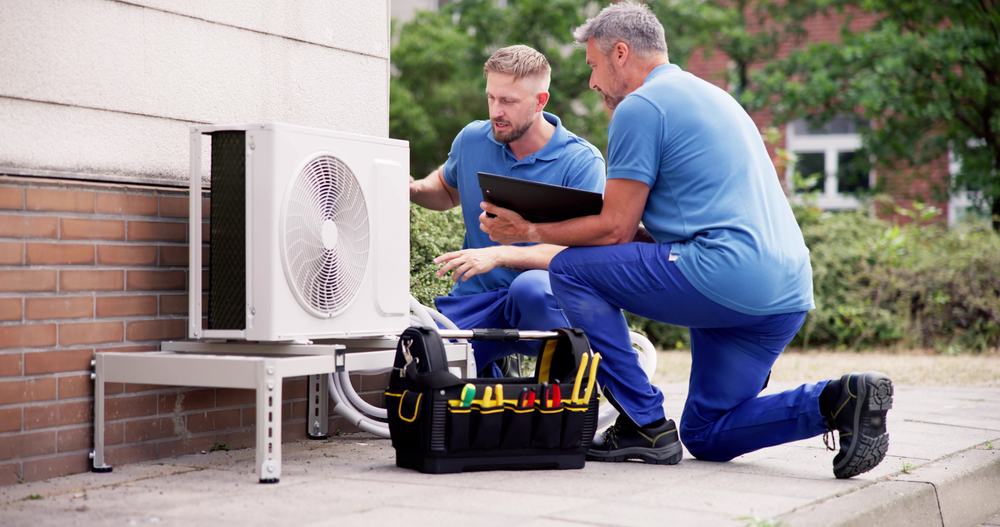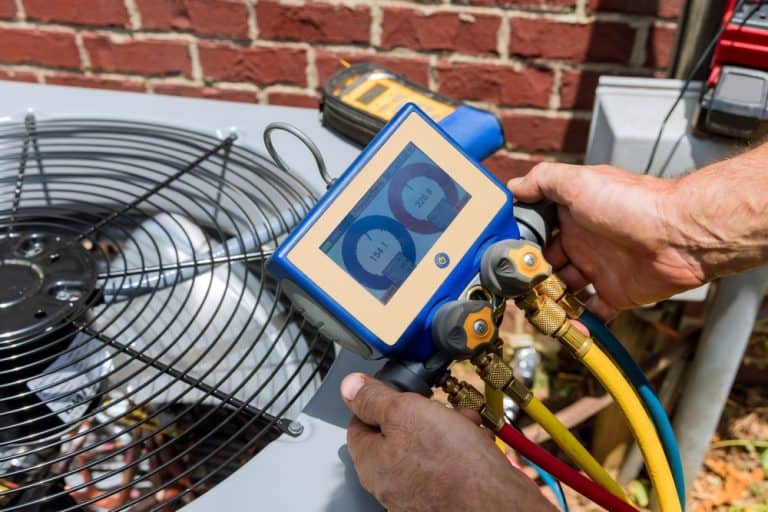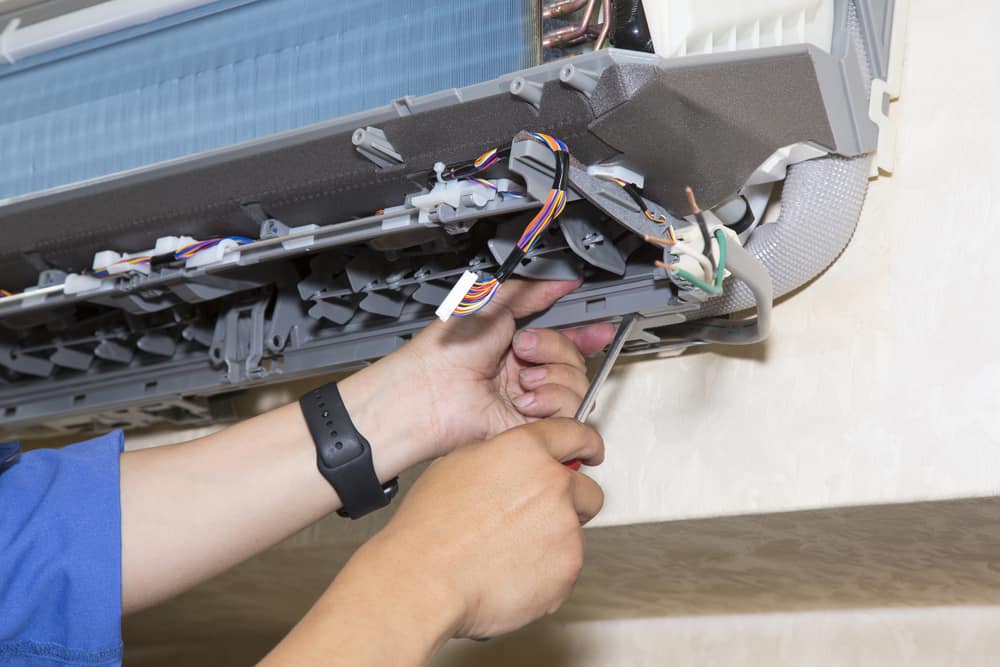Menu
(646) 740-0112
(646) 740-0112
Discover why residents and property managers in New York City trust us for their HVAC needs. Read testimonials from our clients who have experienced the quality, professionalism, and reliability that we bring to every project. Their stories highlight our commitment to excellence and customer satisfaction.

At High Tech PTAC Service NYC, we’re more than just an AC repair company; we’re your trusted partners for maintaining a cool and comfortable home. With years of experience, a proven track record of success, and dozens of satisfied clients throughout Queens County, you can count on us to deliver top-quality results. Don’t compromise on your comfort or risk costly mistakes with DIY attempts. Contact High Tech PTAC Service NYC today, and let our skilled technicians ensure your AC system operates flawlessly, keeping your home cool and comfortable year-round. When you need AC repair services in Howard Beach, NY, there’s only one company to call: High Tech PTAC Service NYC.
We understand the urgency of AC issues and offer rapid response times to get your system up and running.
Our services ensure that your AC system remains under warranty, providing you with added peace of mind.
We offer competitive and transparent pricing, so you know you're getting the best value for your money.

When your air conditioning system starts acting up, it’s tempting to take matters into your own hands and attempt a DIY AC repair. While do-it-yourself projects can be rewarding, attempting to fix your air conditioner without professional assistance can lead to a series of issues that can be costly and inconvenient in the long run. At High Tech PTAC Service NYC, we strongly advise against DIY AC repair for the following reasons.
Air conditioning systems are intricate and complex machines that require a deep understanding of their inner workings. High Tech PTAC Service NYC’s team of trained technicians possesses the knowledge and experience needed to diagnose and fix any AC problem efficiently. When you attempt a DIY repair, you may misdiagnose the issue, resulting in further damage.
AC repair involves handling potentially hazardous materials like refrigerants and electrical components. Without proper training and safety equipment, you risk injury to yourself and damage to your property. Our certified technicians at High Tech PTAC Service NYC are well-equipped to handle these situations safely, ensuring your well-being and the safety of your home.
Many air conditioning systems come with warranties that can be voided if unauthorized repairs are attempted. High Tech PTAC Service NYC’s services are warranty-compliant, ensuring that your AC system remains protected. DIY repairs can jeopardize this coverage, leaving you responsible for costly repairs or replacements.
At High Tech PTAC Service NYC, we understand that time is of the essence when your AC system malfunctions, especially during Howard Beach, NY’s scorching summer months. Attempting a DIY fix can lead to delays, causing discomfort and inconvenience. We offer prompt and cost-effective AC repair services, saving you time and money.
Opting for professional AC repair ensures that the problem is resolved correctly the first time. DIY fixes often provide temporary solutions that can lead to recurring issues. With High Tech PTAC Service NYC, you can rest assured that your AC system will be restored to its optimal condition, providing long-term reliability and peace of mind.

In Howard Beach, NY, the importance of professional AC repair cannot be overstated. Attempting to do the job yourself may seem like a cost-effective solution initially, but it often leads to more significant problems and expenses down the road. Trust High Tech PTAC Service NYC for all your AC repair needs, and enjoy the benefits of a safe, efficient, and reliable cooling system. Contact us today at (646) 740-0112, and let us keep your Queens County home comfortable year-round. We’re looking forward to exceeding your expectations.
Howard Beach was established in 1897 by William J. Howard, a Brooklyn glove manufacturer who operated a 150-acre (61 ha) goat farm on meadow land near Aqueduct Racetrack as a source of skin for kid gloves. In 1897, he bought more land and filled it in and the following year, built 18 cottages and opened a hotel near the water, which he operated until it was destroyed by fire in October 1907. He gradually bought more land and formed the Howard Estates Development Company in 1909. He dredged and filled the land until he was able to accumulate 500 acres (200 ha) by 1914. He laid out several streets, water mains and gas mains, and built 35 houses that were priced in the $2,500-$5,000 range.
The Long Island Rail Road established a station named Ramblersville in 1905 and a Post Office by the same name opened soon thereafter. A casino, beach, and fishing pier were added in 1915 and the name of the neighborhood was changed to Howard Beach on April 6, 1916. Development continued and ownership was expanded to a group of investors who sold lots for about $690 each starting in 1922. Development, however, was limited to the areas east of Cross Bay Boulevard near the LIRR station now known as Bernard Coleman Memorial Square (then Lilly Place). The rest of Howard Beach consisted of empty marsh land except for the area to the south of Coleman Square, centered around Russell St. and 102nd Street, which consisted of many small fishing bungalows that dotted alongside Hawtree Creek and Jamaica Bay. This area of Howard Beach would retain the name “Ramblersville.” Despite its close proximity to the Howard Beach station at Coleman Square, the LIRR would establish a station a quarter of a mile south down the line at Hamilton Beach in 1919.
After World War II, Queens and Long Island went through a major suburban building boom leading to the marsh land west of Cross Bay Boulevard to be filled in. This led to the development of many Cape-Cod and High-Ranch style houses on 50-by-100-foot (15 by 30 m) and 60-by-100-foot (18 by 30 m) lots. This area was developed as “Rockwood Park” to the north and “Spring Park” to the south, together comprising what would be known as “New Howard Beach”, while the area east of the boulevard became known as “Old Howard Beach.” In the early 1950s farm land north of Rockwood Park was developed with the building of many red-bricked two-story garden style cooperative apartments along with some six-story co-op and condo apartment buildings. A number of private two-family houses were also built in this neighborhood, which was named Lindenwood. The various neighborhoods continued to be developed through the 1960s and 1970s as Cross Bay Boulevard became the area’s main shopping district. During the 1990s and 2000s, there was further high-scale development as many of the area’s old houses were torn down and replaced with upscale million-dollar mini-mansions.
Learn more about Howard Beach.Designed by Hub It Group